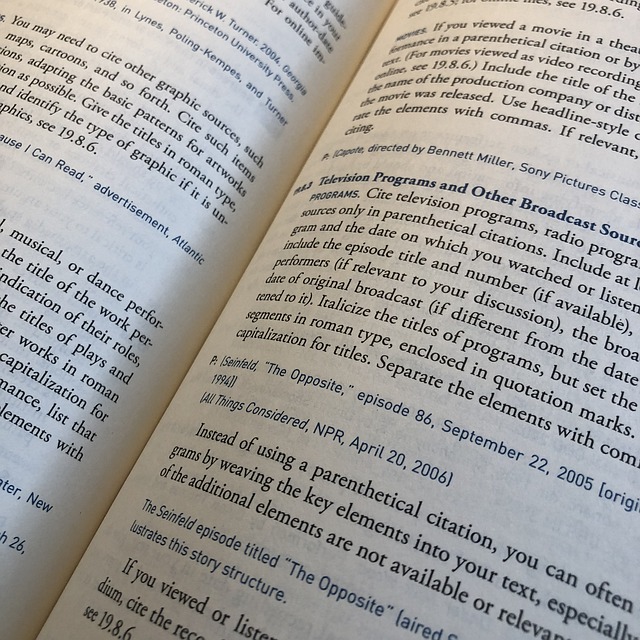Creative Writing Courses: Skills, Formats, and Career Paths
Creative writing courses offer structured ways to develop the craft of storytelling, refine style, and learn practical techniques for publishing and professional writing. Whether offered by universities, community programs, or online platforms, these courses combine writing practice, feedback, and study of literary forms to help writers at different stages expand their skills and goals.

writing: what courses typically teach
Most creative writing courses focus on core elements of writing: character, plot, setting, dialogue, point of view, and revision. Classes usually blend short lectures on technique with writing exercises and peer review sessions. Participants learn drafting strategies, how to identify weaknesses in a manuscript, and methods for revising toward clarity and voice. Courses may also cover genre-specific conventions, such as techniques for literary fiction, genre fiction, poetry, or scriptwriting, depending on the offering.
education: formats, levels, and accreditation
Creative writing education spans formats from single workshops to multi-year degree programs. Noncredit workshops or continuing-education classes emphasize practice and peer feedback, while undergraduate and graduate degrees (BA, MFA) include coursework, seminars, and often a thesis. Online courses and short intensives provide flexible options for those balancing other commitments. Accreditation matters for academic credentials and some career pathways, but many writers pursue nondegree or portfolio-based learning that prioritizes published work and demonstrable skills.
career: how courses support professional paths
Courses can support a variety of career directions: fiction authorship, freelance writing, editing, teaching, scriptwriting, and roles in publishing or marketing. A course can help build a portfolio, clarify a writer’s voice, and establish routine and discipline—qualities important for freelancing and content-driven roles. While formal credentials sometimes matter for academic or institutional jobs, many employers and clients value demonstrable experience, published pieces, and a strong writing sample over specific degrees.
content writing: linking creativity and commercial work
Content writing differs from creative writing in its emphasis on audience, purpose, and measurable outcomes, but many creative writing courses strengthen the skills useful for content work: clarity, storytelling, tone, and editing. Writers who want to move into content writing often combine creative courses with training in SEO basics, content strategy, and marketing principles. This blend helps produce work that is engaging and meets brief-driven requirements for blogs, social media, newsletters, and branded storytelling.
creative writing: choosing the right course for your goals
Deciding on a course depends on goals and schedule. Short workshops are useful for focused craft practice and quick feedback. Semester-long classes provide sustained development and community. Degree programs offer mentorship, structured critique, and time for a larger project. Consider instructor experience, class size, feedback format (one-on-one vs. group), and opportunities for publication or readings. Local services, writing centers, and online platforms each offer different benefits—local programs can provide in-person community, while online courses offer flexibility and a wider range of instructors.
revising, community, and continuing development
A key value of most courses is the revision process and community feedback. Constructive critique helps identify strengths and recurring issues, while regular assignments build discipline. Joining writing groups, attending readings or conferences, and submitting work to journals or contests are practical next steps after coursework. Continued development often involves reading widely, studying craft books, and experimenting across genres to expand technique and perspective.
Conclusion
Creative writing courses can provide structured practice, feedback, and a clearer path toward both creative and professional goals. By matching course format and instructor expertise to personal objectives—whether improving narrative craft, preparing a manuscript, or transitioning to content writing—writers can use education as one of several tools to develop their work and their careers.






